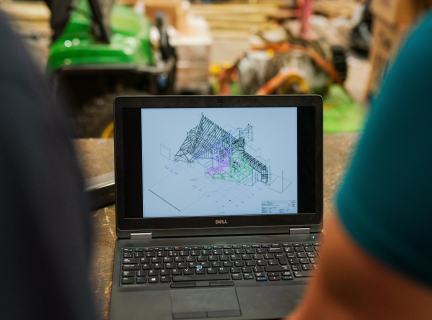Skills, Education and Experience

Skills
- Critical thinking and problem solving
- Analytical and detail oriented
- Decision making
- Project management and team work
- Financial management
Education and Experience
- Bachelor’s degree in industrial engineering or a related engineering discipline is required
- Master’s degree or doctorate in a related engineering discipline may be required
Qualifications
This occupation is regulated in British Columbia.
You must be registered with Engineers & Geoscientists British Columbia (formerly APEGBC) to use the title Professional Engineer in BC.
However, you can work in engineering positions that do not require professional designation (e.g. entry level positions) as long as you work under the direct supervision of someone who is a registered professional engineer or professional geoscientist.
Source: EGBC | Registration | Individuals | About
Only licensed engineers are permitted to undertake and assume responsibility for engineering projects in BC.
Licensing is required to approve engineering drawings and reports, and to practise as a Professional Engineer (P. Eng.)
In order to become a registered member of Engineers & Geoscientists British Columbia EGBC you require:
- graduation from an accredited educational program - four year full-time bachelor's degree
- four years of supervised work experience in engineering
- successfully passing the professional practice examination
- completion of the law and ethics seminar
Source: Engineer First Time Applying in Canada
For more information:
